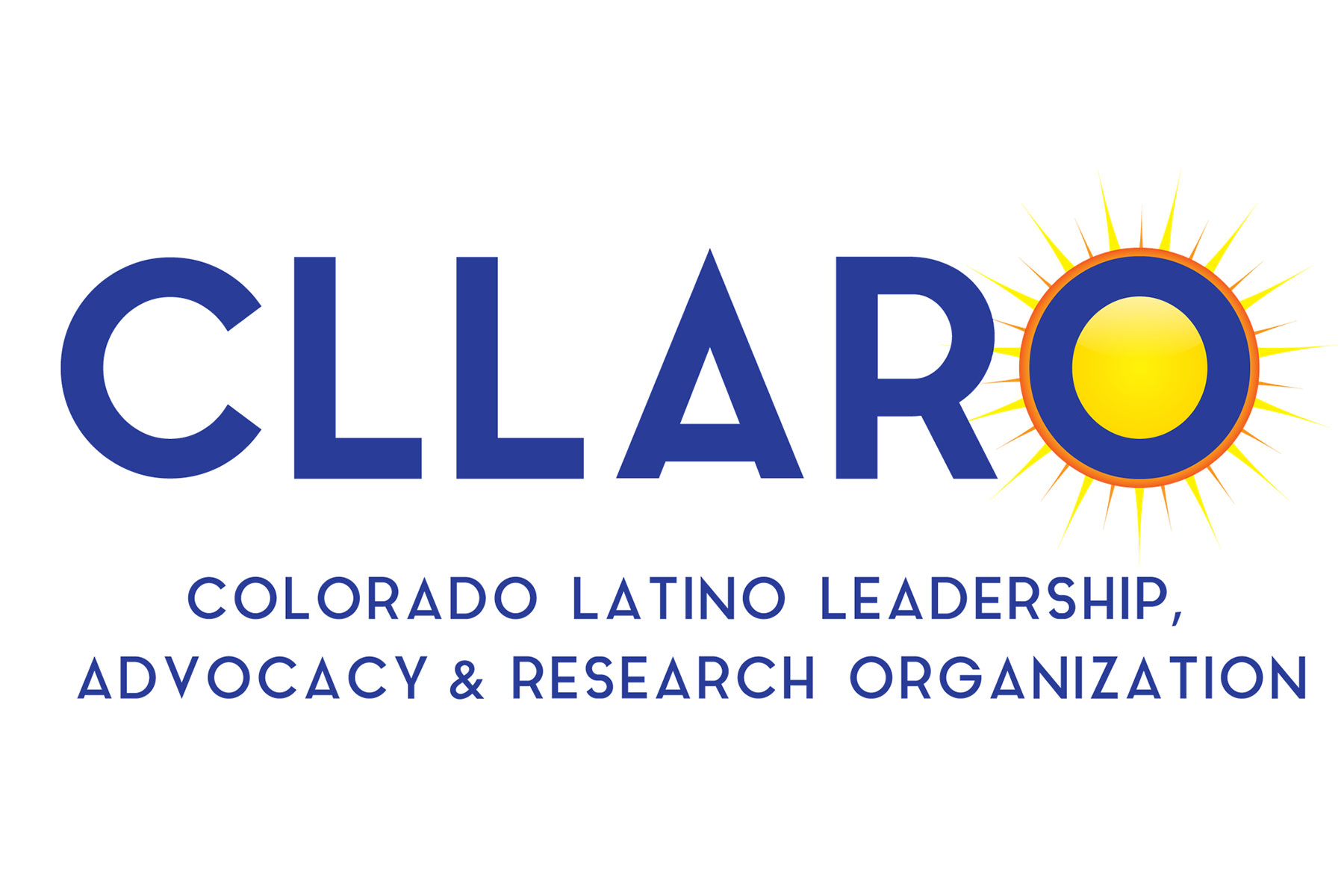The Colorado Latino Leadership, Advocacy, and Research Organization (CLLARO) Capitol Fellows Program offering internship opportunities. While the host org is rooted in Latinx community advocacy, their paid fellowship program is open to all college students, grad students, and recent grads of color and, I would argue, is the premier program for developing young Coloradans of color into future generations of state policy leaders.
The program places Fellows in the office of a state legislator, advocate, lobbyist, or executive agency for 20 hours a week Jan thru May – 17 hours with their supervisor, 3 hours of leadership development – and comes with a $3,000 stipend. Native youth should absolutely have access to this opportunity, and since this year’s program will be almost entirely online, it removes the barrier of folks having to get to Denver to participate.
Interested participants can find more information about the program online at www.cllaro.org/cfp or by contacting program manager Alejandra Colmenero (alejandra.colmenero@cllaro.org). Candidates can apply at bit.ly/cllarocfp2021 Applications are due Oct. 4, 2020. Applicants will be required to provide, as a pdf to Alejandra Colmenero:
- Cover letter introducing yourself to the CFP program and why you’re applying
- Resume
- One letter of recommendation.
- Applicants will also have to answer the following two questions as part of the application:
- Why should you be selected to be a CLLARO Capitol Fellow?
- Write about your policy priorities, 1-3 please. Explain why.
Program Overview for Legislative Mentors
The CLLARO Capitol Fellowship Program (CFP) seeks to expand the potential of emerging diverse leaders, strengthen their professional skills, and ultimately help mold the future public policy leaders in Colorado. CLLARO’s CFP curriculum develops the Fellow’s leadership abilities and understanding of the public policy process with weekly leadership trainings and ongoing mentorship, while facilitating access to Colorado’s public policy leaders. Fellows have the opportunity to experience the State Capitol first-hand,* all in an effort to increase the number of young, diverse leaders engaged in leadership and public policy. Due to COVID-19 restrictions, the 2021 program will be a combination of virtual work, and in-person work when possible. We will update participants – both fellows and mentors – as to what exactly this will look like closer to the beginning of the program.
What does the Capitol Fellowship Experience look like for students?
Students work as a CLLARO Fellow 20 hours per week; 17 hours in your office, plus three in CLLARO trainings each Friday. They can also work in assigned remote space, events or meetings as directed by Legislative Supervisor,* and approved by both Legislative Supervisor and CLLARO.
Please note that all in-person work must meet the required COVID-19 guidelines set by the CDC and the state. The CFP experience is custom-tailored to make sure our Fellows are equipped with the skills and tools needed to excel in their support positions in order for them to enter the Capitol (or other public policy) office prepared to take on more complex assignments. Our recruiting policies are rigorous and transparent so qualified candidates are already motivated leaders in their own right. By hosting a fellow in your office and integrating them into your team, you will see our proven curriculum at work as early as day one. Our fellows arrive prepared to engage in quality research, community engagement, and internal relationship building to support your entire office.
What does the Capitol Fellowship Experience not look like for students?
CLLARO Fellows are not a typical intern, an assistant, a social media intern, or schedule organizer. While certain administrative tasks can be part of their role in your office, it shouldn’t be their main role or priority. CLLARO Fellows are to learn about the real world, what it’s like to be a state policy maker, and have an experiential learning experience. This will look different from office to office based on policy priorities and needs.

